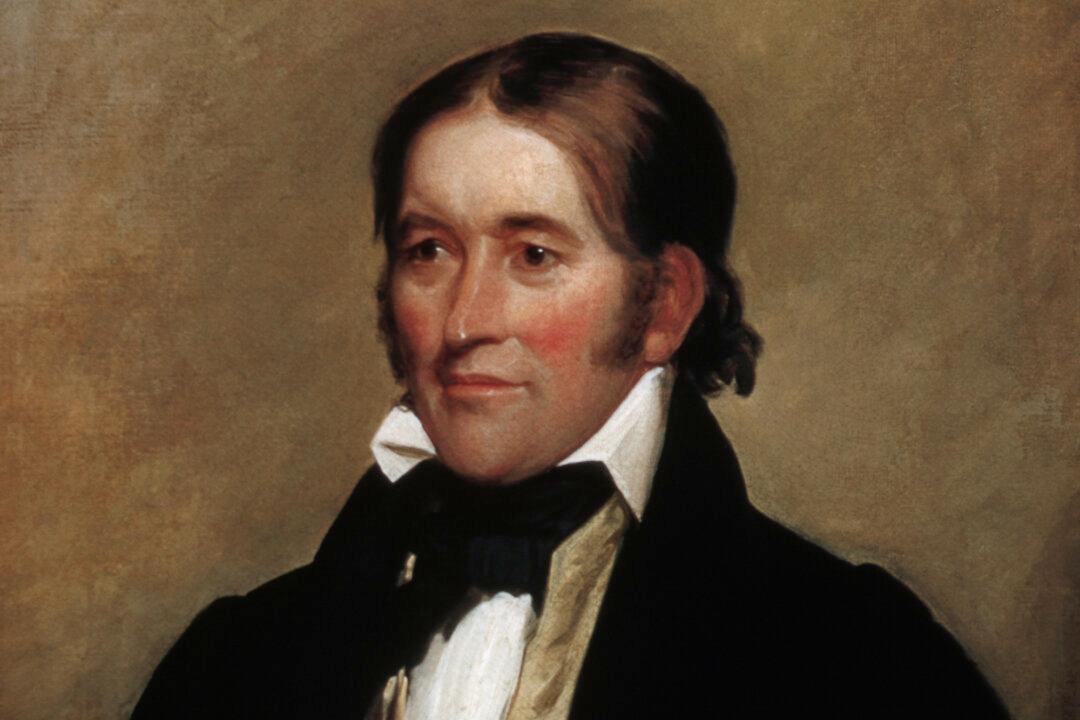“Born on a mountain top in Tennessee Greenest state in the land of the free Raised in the woods so he knew every tree Kilt him a b'ar when he was only three Davy, Davy Crockett, king of the wild frontier.”
Sixty years ago, every kid in my neighborhood knew those words to “The Ballad of Davy Crockett.” In the mid-1950s, Walt Disney and his studio released five television episodes about that Tennessee frontiersman starring Fess Parker, who also sang the theme song. Two movies made from those shows quickly followed, rejuvenating Davy Crockett’s reputation and making Mr. Parker a star.The fascination with Crockett spilled out of the theaters and into U.S. retailing. Besides the coonskin caps worn by boys in emulation of their hero, Disney licensed more than 300 retail products, from bubble gum cards to toy guns, from pillows and sheets to pajamas. As cultural historian Paul Hutton relates in his 1986 article “Davy Crockett, Still King of the Wild Frontier,” this craze for all things Crockett was such that “a Boston store owner stuck with three thousand pairs of unsold moccasins labeled them Davy Crockett moccasins and sold them in a week.”






